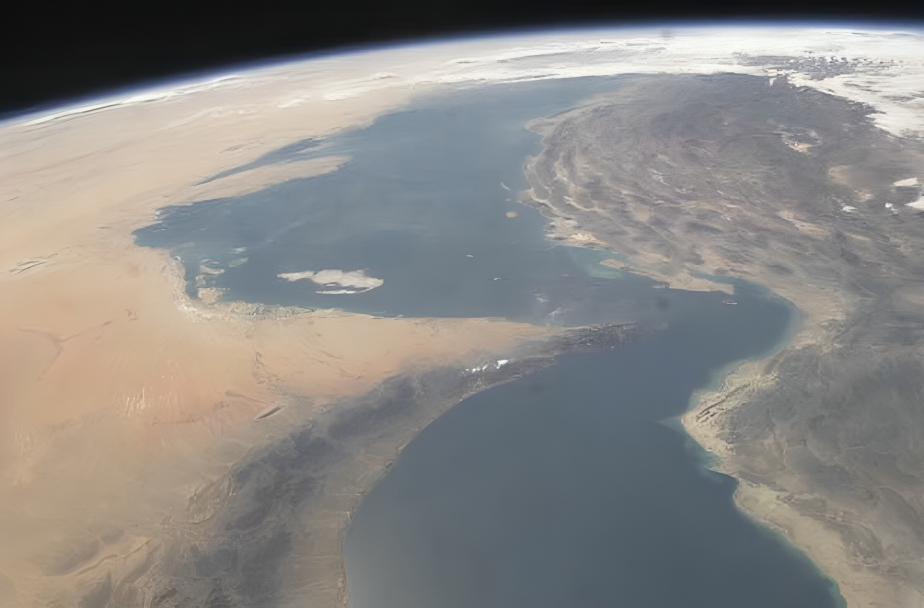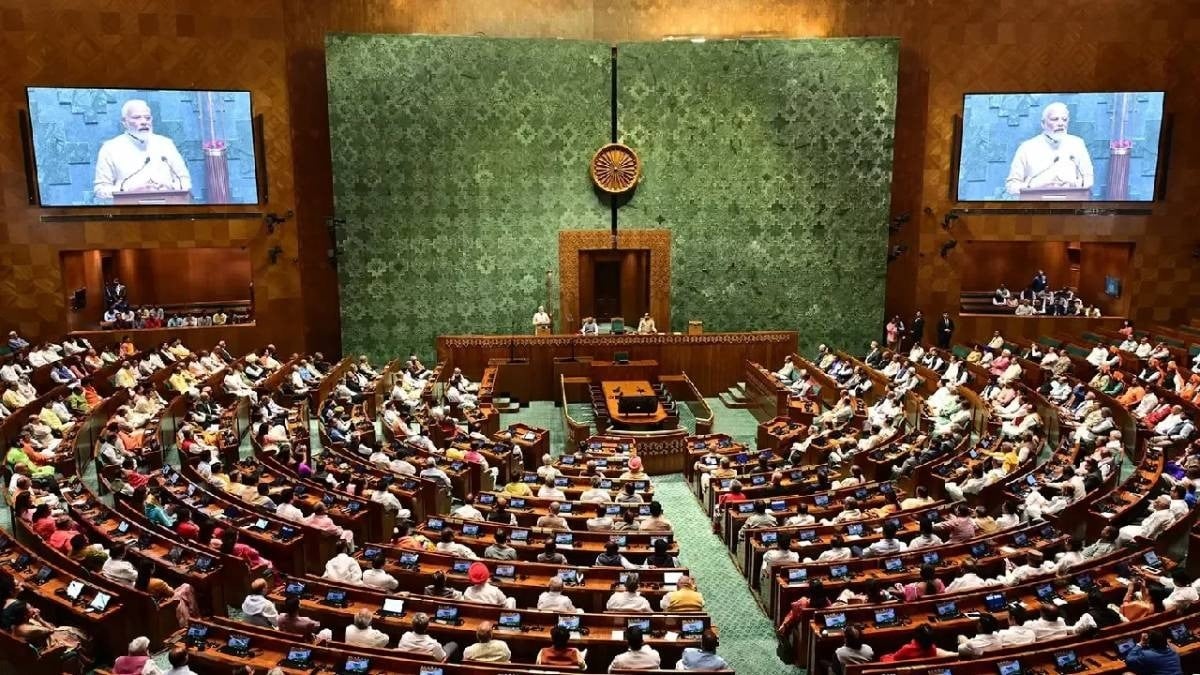Following recent U.S. airstrikes targeting Iranian nuclear facilities, the Iranian Parliament has voted to potentially close the Strait of Hormuz, a crucial oil transit route. This decision escalates tensions in an already volatile West Asian geopolitical environment. For India, which heavily relies on energy imports from the Gulf, this development raises significant concerns regarding economic stability and energy security.
The Strait of Hormuz is a narrow maritime passage bordered by Iran and Oman, linking the Persian Gulf with the Arabian Sea. It serves as one of the world’s most vital energy corridors, with an estimated 20-30% of global oil exports and over one-third of liquefied natural gas (LNG) shipments passing through it. Consequently, any disruption in this area would have immediate repercussions on energy-dependent nations, particularly those in Asia.
India’s energy landscape is heavily reliant on imports, sourcing more than 80% of its crude oil—over two-thirds of which comes from the Gulf region, including key suppliers such as Iraq, Saudi Arabia, the UAE, Kuwait, and Iran. A significant fraction of this energy passes through the Strait of Hormuz, with Qatar alone providing about 39% of India’s LNG through long-term contracts. This reliance extends beyond crude oil to include petrochemicals, fertilizers like urea, and other energy-linked products, intricately tying India’s industrial framework to Gulf supply chains.
Should the Strait be closed, the immediate outcome would likely be a surge in global crude oil prices, leading India to face inflationary pressures. The ramifications would be felt across critical sectors like fuel, transportation, manufacturing, aviation, and agriculture, elevating input costs and further straining fiscal deficits and current account balances. While India has recently enjoyed lower oil prices and established strategic reserves, a long-term disruption could severely challenge its economic resilience, especially at a time when recovery from the COVID-19 pandemic and global trade uncertainties are at play.
From a strategic perspective, India has a robust naval presence in the Arabian Sea and Gulf of Aden and conducts operations—such as Operation Sankalp—to protect energy routes. However, a closure of the Strait would complicate these operations, heightening the risks to India’s maritime trade and placing additional demands on its naval and diplomatic resources.
The Indian diaspora in the Gulf, numbering over 9 million, faces potential challenges as well; annual remittances exceed $40 billion, making instability in the region a concern not only for economic but also humanitarian reasons. India’s bilateral trade with Gulf Cooperation Council (GCC) countries surpasses $150 billion, and disruptions in maritime logistics could adversely impact trade flows, thereby affecting small and medium exporters and the livelihoods of Indian expatriates.
Historically, India has managed a delicate balance in its diplomatic relationships with Iran, the U.S., Israel, and the Arab nations. Maintaining strategic autonomy, India has previously refrained from taking sides in regional conflicts, as seen after the assassination of General Qasem Soleimani in 2020. Currently, a similar stance seems likely, with India likely to focus on discreet diplomatic outreach, advocating for restraint, and striving to protect its strategic and economic interests.
In recent years, India has also made efforts to diversify its sources of oil, increasing imports from West Africa, the U.S., and Russia. Strategic petroleum reserves (SPR), held by the Indian Strategic Petroleum Reserves Ltd. (ISPRL), provide a buffer during short-term crises, potentially sustaining the nation for several weeks. Though there is ongoing work towards a long-term transition to renewable energy, India remains dependent on fossil fuels, particularly for industrial and transport needs.
The implications of a closure in the Strait of Hormuz would extend beyond India, impacting global markets and affecting countries like China, Japan, and South Korea, which also heavily rely on Gulf energy. Potential challenges would include rising maritime insurance costs, shipping delays, and heightened logistics expenses, further complicating global supply chains and presenting broader risks across the Indo-Pacific region.
In conclusion, while India may not be directly entangled in the U.S.-Iran conflict, a closure of the Strait of Hormuz would have considerable repercussions on its energy security, economic stability, and geopolitical strategy. This situation underscores the urgency for India to:
– Enhance its strategic petroleum reserves,
– Promote energy diversification and accelerate the transition toward renewable sources,
– Strengthen regional cooperation focused on maritime security,
– Maintain a balanced diplomatic approach amid escalating global rivalries.
As the Gulf region remains fraught with tension, India must not only prepare for the immediate crisis but also develop long-term strategies for resilience in an ever-evolving interplay between energy and geopolitics.










